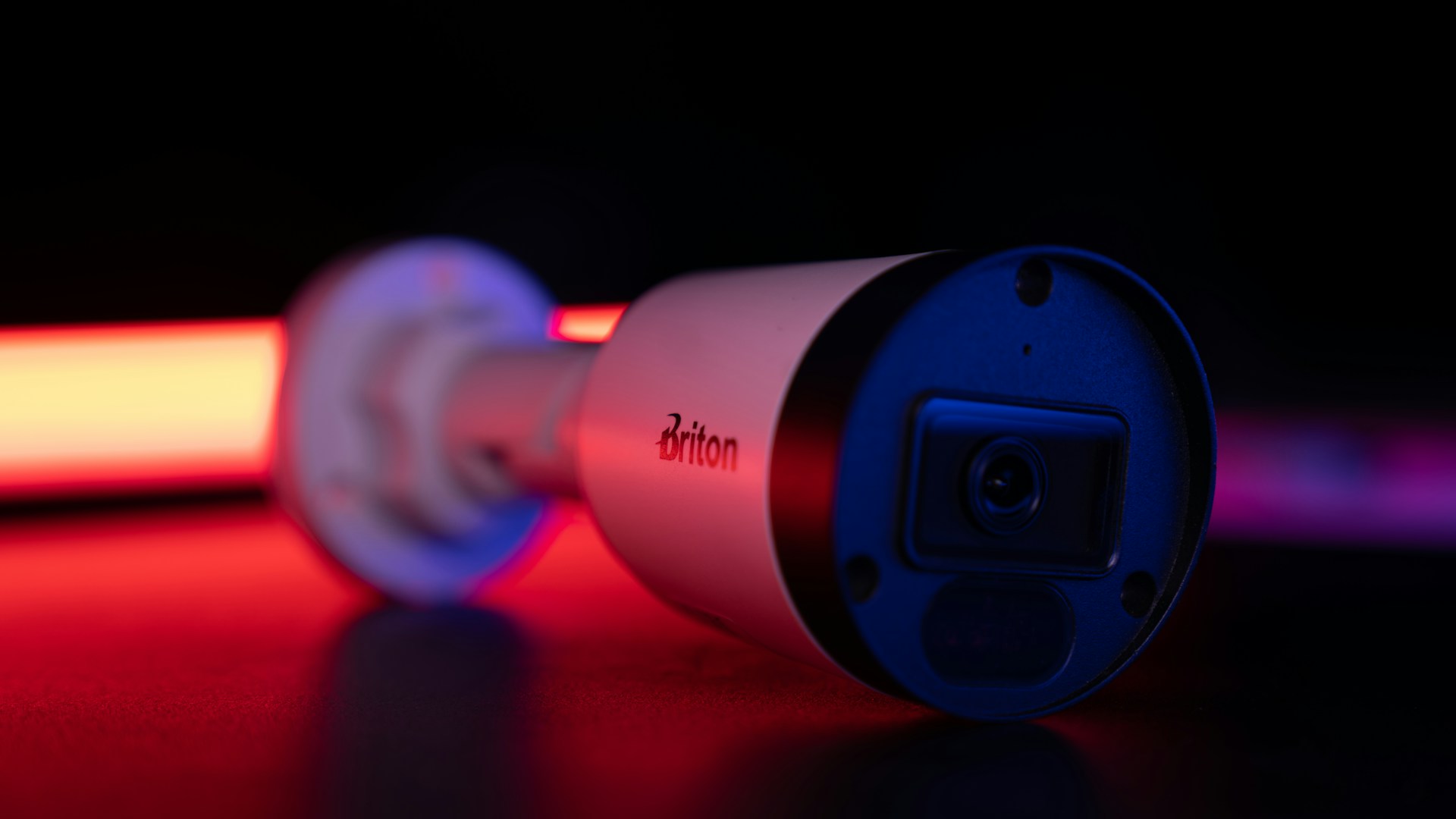
Can CCTV Camera Work Without Electricity? – Everything You Need to Know
CCTV cameras have become a part of everyday security — in homes, offices, shops, and even at temporary event sites. But there’s one question that comes up often:
“What happens to my CCTV camera if the electricity goes off?”
The short answer? Most CCTV cameras need power to work, but there are ways to keep them running without a direct electricity supply.
Let’s break this down so you know exactly what’s possible.
1. How CCTV Cameras Normally Work
Most CCTV cameras — whether analog or modern IP cameras — require two things:
-
Power Supply – To keep the camera and its features (like night vision, recording, zoom) running.
-
Data Storage/Transmission – Either to a DVR/NVR or to cloud storage.
In a regular setup, this power comes from your home or office’s main electricity line. Without power, a standard wired camera will stop recording.
2. Can They Work Without Electricity?
Yes, but not in the usual “plug and play” way. Here’s how it’s possible:
a) Battery-Powered CCTV Cameras
Some cameras come with built-in rechargeable batteries. These can work for a few hours to several days, depending on battery size and how often the camera is recording.
-
Great for temporary setups or locations without wiring.
-
Examples: Many Wi-Fi-enabled smart cameras.
b) UPS (Uninterrupted Power Supply) for CCTV
A UPS is like a backup battery for your cameras and DVR/NVR.
-
Keeps the system running for a few hours during a power cut.
-
Ideal for places with frequent but short outages.
c) Solar-Powered CCTV Cameras
These use solar panels to charge their batteries during the day.
-
Perfect for remote areas without electricity.
-
Can work 24/7 as long as the battery is charged.
d) Power Over Ethernet (PoE) with Backup
For IP cameras using PoE, you can connect the network switch to a UPS or solar inverter to keep it powered.
3. Limitations You Should Know
While these options keep your cameras running without electricity, there are a few things to remember:
-
Battery Life is Limited – You may still need to recharge after a while.
-
Cloud Cameras Need Internet – If your internet also depends on electricity, cloud storage may stop without a backup.
-
Night Vision Needs Power – IR LEDs use more battery at night, so backup time may be shorter.
4. What’s the Best Option for You?
-
For Homes in Cities: A UPS is usually enough to handle occasional power cuts.
-
For Rural or Remote Areas: Solar-powered CCTV is the best long-term solution.
-
For Events or Temporary Needs: Battery-powered cameras are quick to set up and remove.
5. Pro Tips to Make CCTV Work During Power Cuts
-
Use energy-efficient cameras that consume less power.
-
Keep an extra charged battery pack for emergencies.
-
Choose a DVR/NVR with low power consumption to extend UPS time.
-
If using solar, ensure the panel is placed where it gets maximum sunlight.
